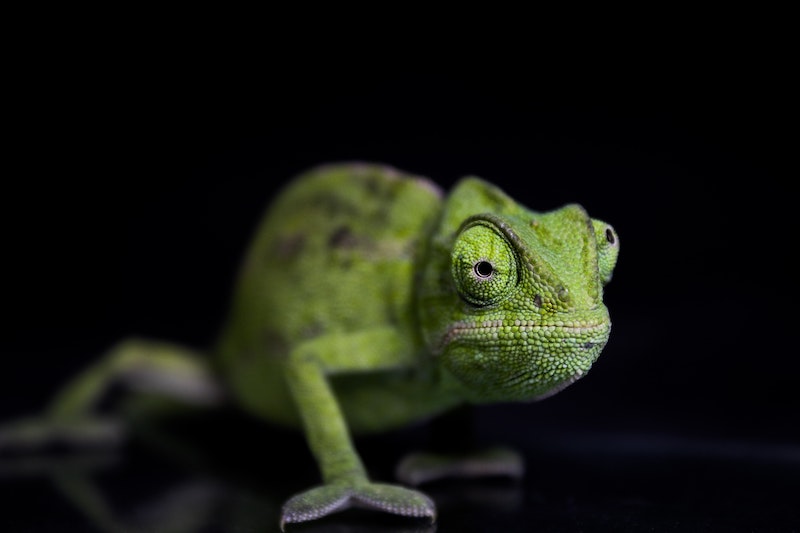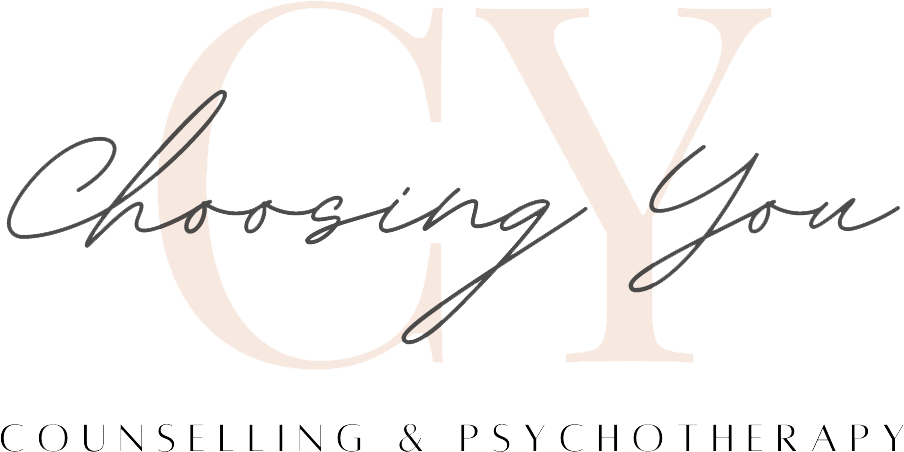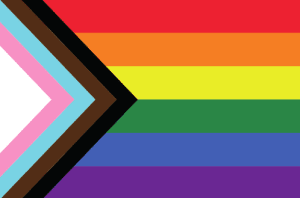
When we talk about self-compassion, we often hear that “it’s so much easier to be kind towards someone I care about than it is to be kind towards myself.”
It makes sense that this would be true for so many people, as society doesn’t teach us that it’s okay to be kind to ourselves – it actually teaches us the complete opposite; we are taught that being kind to ourselves is selfish, it’s self-pity, or self-indulgent. This is why it’s so hard to take a day off of work, or why it’s hard to take breaks instead of always being “productive,” or why we push ourselves so hard to “do better” and find “success” in school or our careers.
On top of that, many researchers believe that this issue with being unkind to ourselves has some physiological roots. Researchers like Kristen Neff have shared that self-criticism is rooted in the body’s defense system – our “reptilian brain.”
Self-criticism is rooted in the body’s defense system

Reptilian brain: also called the primal brain or “the old brain.” It’s the structure in our brain that is in control of our innate and automatic self-preserving behaviour patterns, which ensures our survival. You may have heard of these innate behaviours being referred to as the “fight, flight, freeze” response.
FIGHT (facing any perceived threat aggressively)
FLIGHT (running away from the danger)
FREEZE (unable to move or act against a threat)
But what happens when it’s internal?
FIGHT (self-criticism and self-blame)
FLIGHT (self-isolation and avoidance)
FREEZE (ruminate, over-identification, body not moving but mind is racing)
The threat becomes our own selves. We turn this fight, flight, freeze response inward to try and feel safe.
- We beat ourselves up hoping that this inner critic will help us fix our behaviours and our mistakes.
- We isolate ourselves in shame, hoping to hide from our problems.
- Lastly, we might freeze and ruminate, thinking “if I just think of this problem for the 76th time, maybe this time it’ll go away…”
When we take a moment to notice that when our inner critic is hard on us, it’s because we might perceive that there’s this area within us that we wish to improve. We compare ourselves and think that other people are surpassing us, so we think that being hard on ourselves will force ourselves to improve…that we’ll wake up early, or that we’ll go out and exercise, or that we’ll work overtime to make sure we’re perfect. These thoughts are completely natural…but they’re not very effective, are they?
Interestingly, Kristin Neff’s work does a full 180º on us. She begins by reminding us that the reasons we’re so hard on ourselves is because we want to be safe and we want to be happy.
So… if you think about it, which voice is most effective? A voice telling you how bad you are, who’s belittling you, who’s really mean, or a voice that’s encouraging, supportive – a voice that says: “You can do it?”
More often than not, we’re going to prefer to listen to the voice that is supportive.

As an example:
A self-compassionate voice will ask:
“What mistakes did I make? How can I do it better next time”?
Our inner critic will say:
“You’re bad. You did it wrong. Do it better next time.”
Our inner critic doesn’t say what to do differently or how to do it differently. There’s no bigger picture of what happened, and how do we make things better. To top things off, we know from positive psychology that negative emotions tend to narrow our focus. Negative emotions that come from our inner critic will only allow us to see what we did wrong, and not allow us to see any solutions – evolutionarily speaking, negative emotions serve the purpose of narrowing our vision. On the other hand, positive emotions (kindness, safety, warmth) have the effect of broadening our perspective so that we can have a larger vision, which will allow us to have thoughts like: “Oh, I can try this. This idea might really help me.”
To conclude, we can recognize that negativity served an evolutionary purpose, and that it comes naturally to us. But nurturing a kind, encouraging, wise voice with self-compassion is much more effective and much more sustainable for us.

